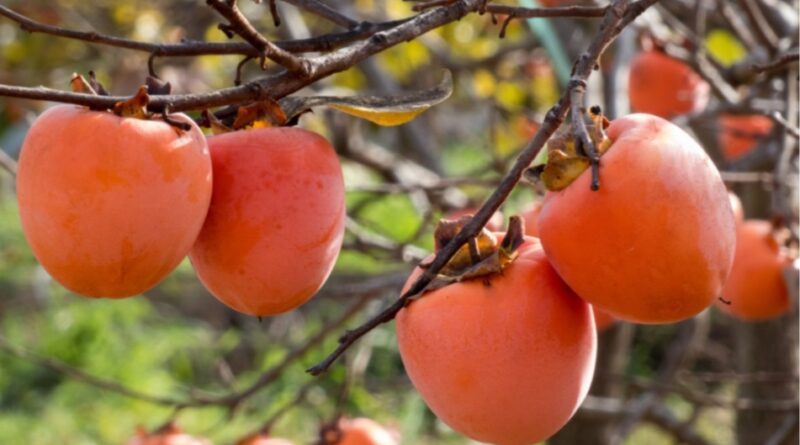From Apples to Persimmons: Kullu Farmers Find New Hope in the “Japanese Fruit”
In Himachal’s apple country, a quiet revolution is taking root. Farmers across Kullu are turning away from traditional crops like wheat, maize, and even pomegranates, and embracing persimmons—known locally as the Japanese fruit. The reason is simple: less expense, fewer pesticides, and far better profits.
Stories like that of Madan Lal from Khokhan village capture the change. With support from the horticulture department, he planted persimmon saplings and now earns steady income from a crop that sells for ₹120–180 per kilo in local markets. Others, like Yograj Thakur from Gadsa Valley, have even cut down their struggling pomegranate orchards to make way for persimmons, citing rising costs and crop diseases.
Unlike apples or pomegranates, persimmons need little care—no pesticides, minimal fertilizers, and they ripen late in the season, fetching premium prices when other fruits have disappeared from the markets. In just two years, cultivation in Kullu has doubled to over 400 hectares, with production targets now crossing 1,400 metric tons.
Experts say persimmons are not only profitable but also packed with nutrition—rich in vitamins, antioxidants, and fiber. Traders from southern states are flocking to Kullu, where demand is booming and prices in outside markets soar as high as ₹400 per kilo.
For farmers, persimmons are more than just another crop. They represent resilience, adaptation, and a new chapter in Himachal’s horticultural story—where the hills once known for apples are now glowing red with the fruit of change.



